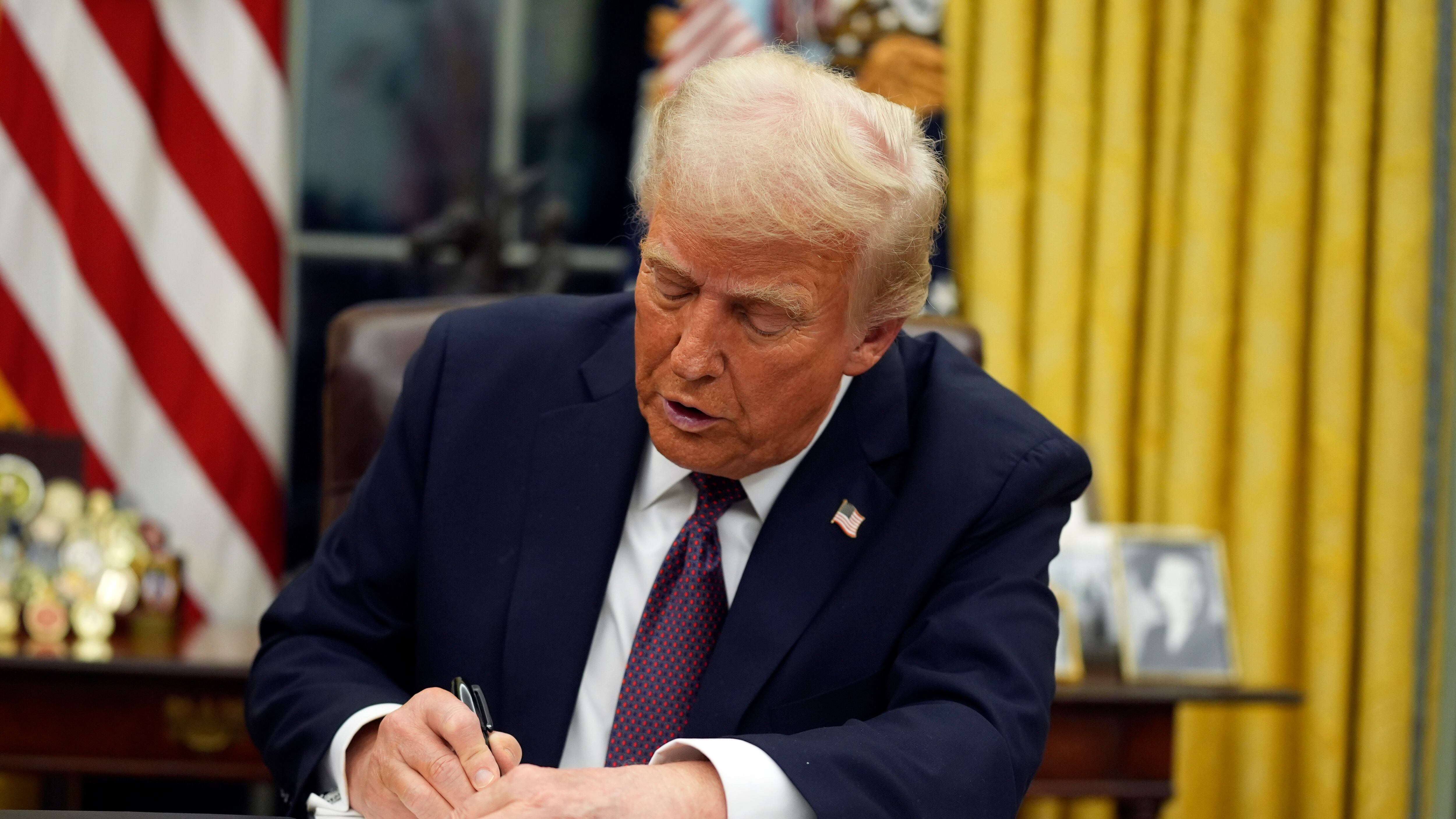The President of the United States, Donald Trump, pardoned approximately 1,500 of his supporters who have been charged for the violent assault on the federal Capitol on January 6, 2021, using his broad powers of clemency on his first day back in office to dismantle the largest investigation in the history of the Department of Justice.
The pardons were to be expected after years of Trump's campaign to rewrite the history of the January 6 attack that left more than 100 police officers injured and threatened the peaceful transfer of power.
PUBLICIDAD
However, the scope of clemency remains a massive blow to the Department of Justice's efforts to hold participants accountable for what has been described as one of the darkest days in American history.
Trump changed his mind about pardons
The new president had indicated in the weeks leading up to his return to the White House that he was going to evaluate the January 6th defendants on a case-by-case basis. Even Vice President JD Vance had said just a few days ago that those responsible for the violence during the Capitol riot "obviously" should not be pardoned.
Despite these contradictions, Trump said Monday night in the Oval Office while signing the executive order that "this is big...hopefully they will be released tonight, frankly.".
According to statements made by Nancy Pelosi, the Democratic representative from California who was Speaker of the House during the attack, she said that Trump's executive order was “a scandalous insult to our justice system”.
The president also commuted the sentence of a seditionist.
Trump's executive order also included commuting the sentences of 14 of his followers.
Among them would be Enrique Tarrio, known for leading the far-right extremist organization Proud Boys, who was sentenced to 22 years after being found guilty of seditious conspiracy. According to his lawyer, as reported by NBC News, Tarrio was set to be released from the federal prison FCI Pollock, located in Louisiana.
